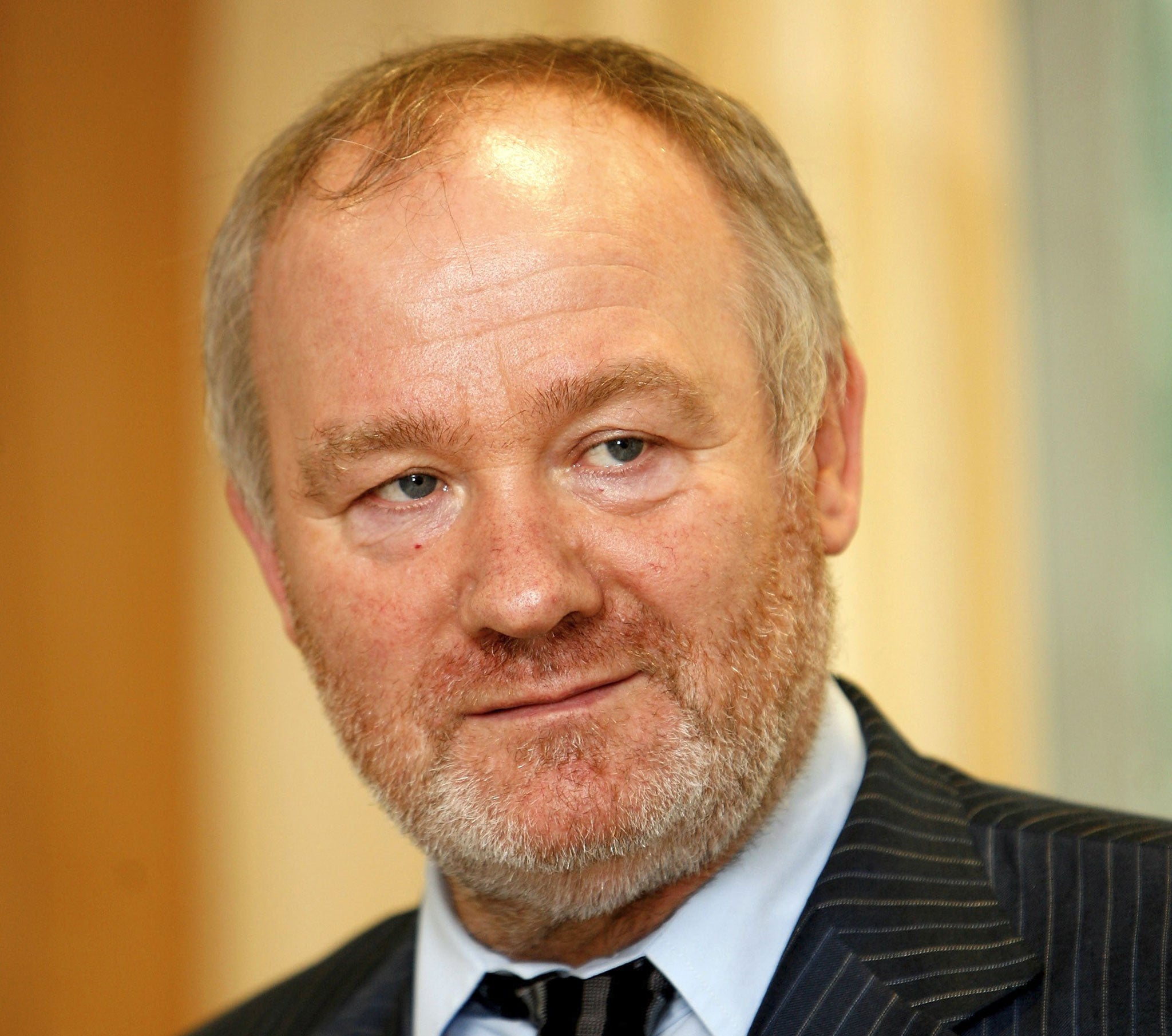Hop Farm Festival founder Vince Power banned from hosting live music
Power was found to have held the annual music event without a licence

Your support helps us to tell the story
From reproductive rights to climate change to Big Tech, The Independent is on the ground when the story is developing. Whether it's investigating the financials of Elon Musk's pro-Trump PAC or producing our latest documentary, 'The A Word', which shines a light on the American women fighting for reproductive rights, we know how important it is to parse out the facts from the messaging.
At such a critical moment in US history, we need reporters on the ground. Your donation allows us to keep sending journalists to speak to both sides of the story.
The Independent is trusted by Americans across the entire political spectrum. And unlike many other quality news outlets, we choose not to lock Americans out of our reporting and analysis with paywalls. We believe quality journalism should be available to everyone, paid for by those who can afford it.
Your support makes all the difference.He’s the music entrepreneur who lured Bob Dylan, Prince and Neil Young to a field in Kent. But now Vince Power has been banned from staging live music events after the High Court ruled that his Hop Farm festival had operated without a licence.
The Irish promoter, 67, who built a £60m empire from a network of music venues and festivals, had run the Hop Farm event since 2008.
The founder of the Mean Fiddler music group, Power secured the first UK festival appearance by Prince in 2011.
However the Performing Rights Society (PRS) argued that Hop Farm did not have the copyright for the classic songs played at the events held between 2009 and 2012.
Power, who called the legal challenge “vindictive”, failed to file a defence, so the judge made the order in his absence.
In addition to banning Power from playing music in public until he brings his licences up to date, the judge also ordered the promoter to pay £7,987 in legal costs run up by PRS.
If Power does not obey the ban, he could face contempt of court which could mean extra costs and a possible prison sentence.
PRS, a non-profit making organisation which collects licence fees for public performances and then distributes the money among composers and publishers, issued a written order against Power.
A spokesperson from PRS said: “A licence is required for any event except a family or domestic gathering, such as a wedding reception or birthday party.”
Enjoy unlimited access to 100 million ad-free songs and podcasts with Amazon Music
Sign up now for a 30-day free trial
Enjoy unlimited access to 100 million ad-free songs and podcasts with Amazon Music
Sign up now for a 30-day free trial
Power said he was unaware of any licence infringements. “I am angry and disappointed that PRS have not contacted me by post, email or telephone,” he said. “To say that I am banned from staging live music events for the sake of £7k, is damaging to my career.”
Power said he had a “strained” relationship with PRS and claimed to know of artists who are themselves owed money by PRS. “I can only see this as PRS being vindictive …I am very happy for any artists who have been chasing PRS unsuccessfully to contact me to see if there is a way we can group together and get the money they are owed,” he said.
Last year’s Hop Farm festival was cancelled due to poor ticket sales. Power was not involved with a 2014 event, headlined by Brian Wilson.
Power, a former furniture upholsterer, opened the first Mean Fiddler club in Harlesden, London, in 1982. He snapped up venues including the Clapham Grand and Kentish Town Forum and expanded into pubs, restaurants and festivals before floating the Mean Fiddler group on the Alternative Investment Market in 2000.
He admits the past five years have been “pretty disastrous”. His Vince Power Music Group and his subsequent Music Festival Group both collapsed, following a dip in Hop Farm ticket sales.
Power sold his majority share in Spain’s troubled Benicàssim festival. “Ireland and England are full of restrictions and rules. You can’t turn the volume up past a certain point. Spain, they tolerate us for that week,” he said recently.
But he has promised to “reinvent myself” following the recent setbacks and is hoping to set up a new 500-capacity jazz club in Essex. “I’d never change now. It’s too late. I’ve always liked the risk. It can be disastrous. And very successful,” he said.
Join our commenting forum
Join thought-provoking conversations, follow other Independent readers and see their replies
Comments